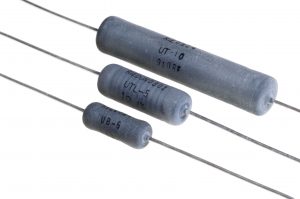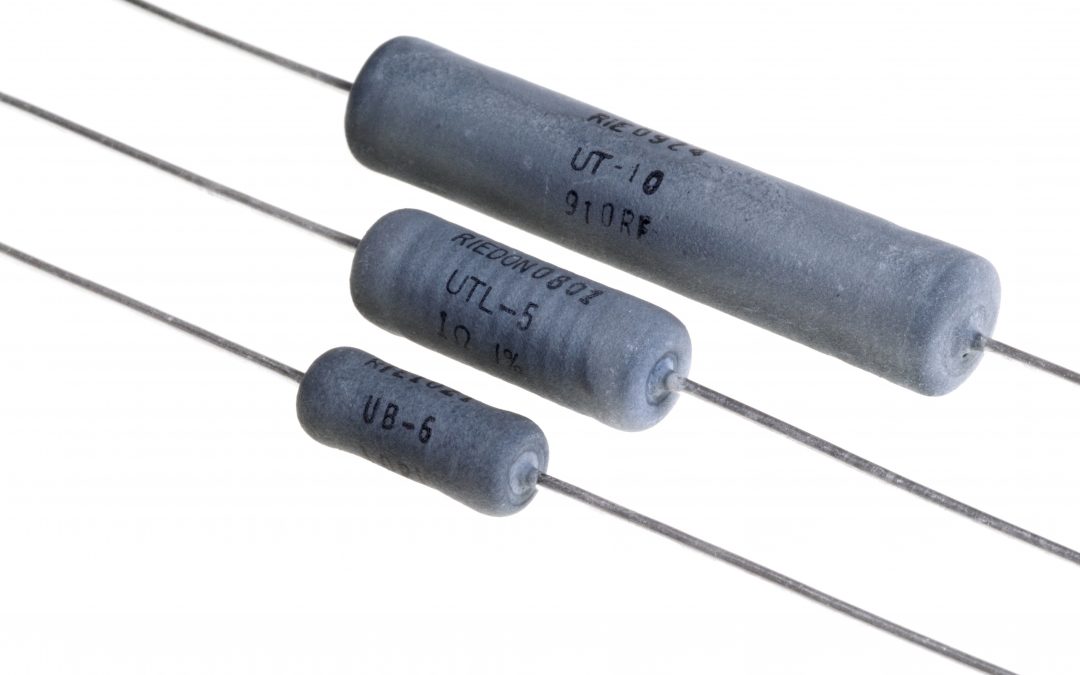 Switching high-powered electrical equipment can be dangerous if not done properly. Improperly switched equipment can cause fires, electrocution, and other serious accidents.
Switching high-powered electrical equipment can be dangerous if not done properly. Improperly switched equipment can cause fires, electrocution, and other serious accidents.
Before attempting to switch any high-power equipment, read all the instructions and warnings that come with the equipment. If you’re not sure how to properly switch the equipment, contact a professional electrician.
In today’s article, let’s explore a pulse resistor and how it can help with high-power switching. Here’s what you need to know:
What is a Pulse Resistor?
Pulse resistors are electronic components used to resist changes in electrical current. They are made up of a material with a high resistance to electrical current, and they are usually placed between two conductors to regulate the flow of current between them. Pulse resistors are used in various electronic devices and circuits, and they can protect sensitive components from damage caused by sudden changes in electrical current.
How to Find the Right Pulse Resistor for High-Power Switching
As a general rule, the pulse resistor should factor in the voltage of the circuit and how much energy needs to be dissipated. However, there are a few other factors to consider when choosing the right pulse resistor for your application.
The first factor to consider is the power dissipation of the resistor. This is important because the resistor will be dissipating the load’s full power during the switch’s on-time. For example, if the circuit is 100 Volts, and the resistor is 1000 Ohms, it will need to be in a package rated for 10 Watts of continuous dissipation.
The second factor to consider is the voltage rating of the resistor. This is important because the resistor will be exposed to the load’s full voltage during the switch’s on-time. For example, if the circuit is rated for 240V, the resistor should be rated for at least 240V of dielectric strength.
The third factor to consider is the Joule rating of the resistor. This is important because the resistor will be exposed to the circuit’s stored surge current during the. For example, if the circuit is dissipating 100uF at 100 Volts, the resistor should be able to handle .5 Joules. When dissipating a circuit the resistance value of the resistor will determine how quickly the Energy is dissipated.
The last factor to consider is the frequency of the switching. This is important because pulse resistors are typically rated for 5 times the rated power for five seconds. Having a high frequency will not allow the resistor to return to ambient temperature and dissipate its heat.
The Bottom Line
It is important to find the right pulse resistor for high-power switching or surges. The pulse resistor will ensure that the current flowing through the circuit is properly regulated. If the pulse resistor is too small, the current will be absorbed too quickly and would damage the resistor in the circuit. If the pulse resistor is too large, the voltage drop will be too high, and the circuit will not work properly.
If you are looking to buy electric resistors online, we can help you. Riedon is a resistor manufacturing company specializing in power resistors, precision resistors, surface mount resistors, high temperature, high power resistors, and custom resistors. Contact us today to learn more and get started.

